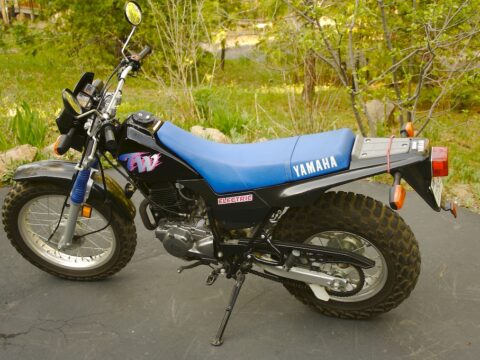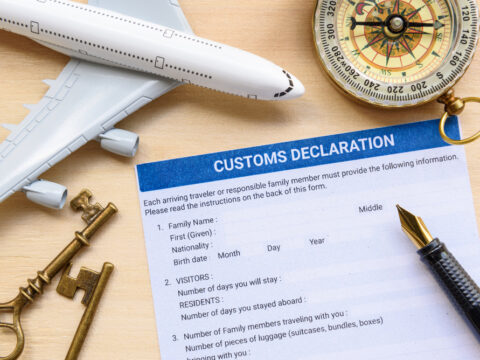Owning an RV offers a unique way to explore the open road, but it comes with its own set of challenges. Many new owners make common mistakes that can lead to costly repairs, safety issues, or simply less enjoyable trips. By being aware of these typical pitfalls, you can avoid them and ensure a smoother, more enjoyable RV experience. Here are 18 mistakes to steer clear of on your RV journey.
Contents
Ignoring Weight Limits
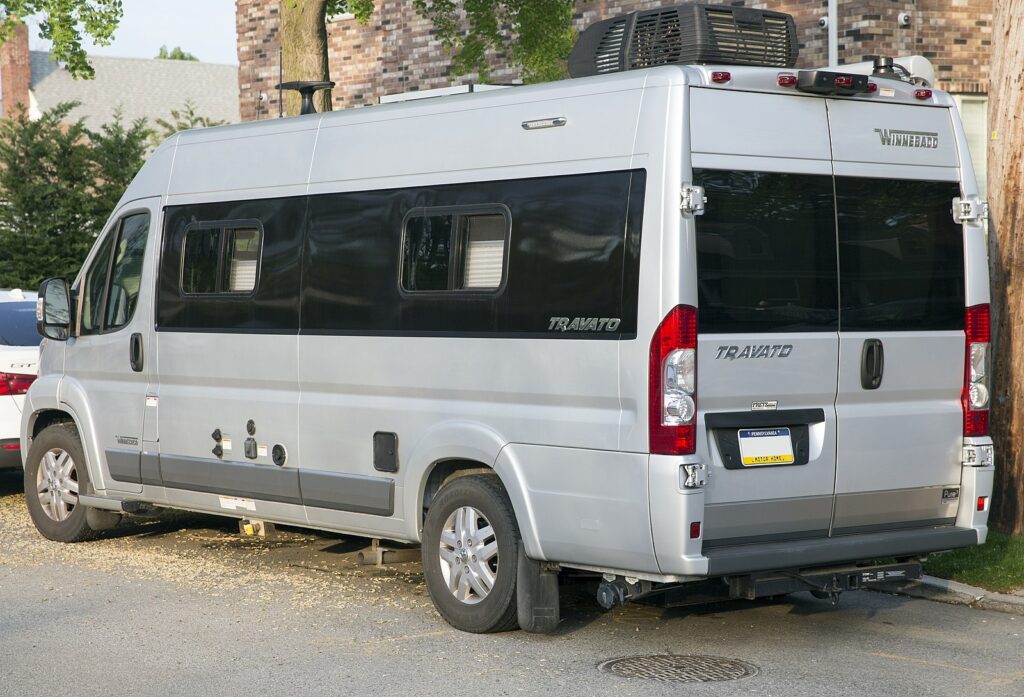
Overlooking your RV’s weight limits can lead to serious problems, such as tire blowouts and suspension issues. Not only does overloading the RV compromise safety, but it also negatively impacts fuel efficiency and vehicle handling. To avoid these risks, always consult the RV’s manual for weight specifications and ensure an even load distribution. Regularly weighing your RV after packing is a good habit to maintain, ensuring you stay within the safe limits.
Not Performing Regular Maintenance
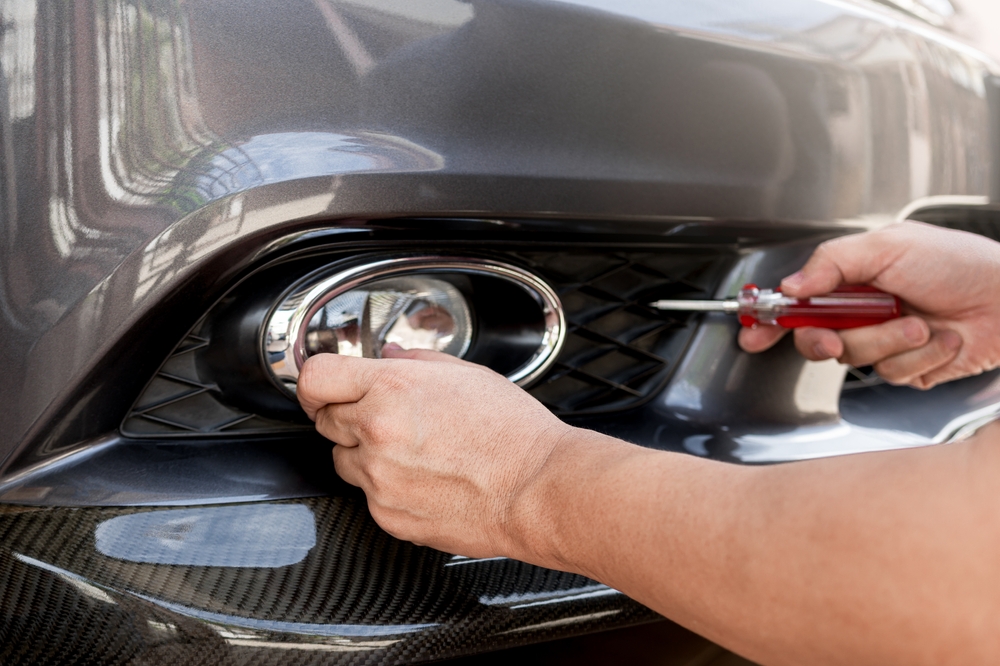
Skipping regular maintenance on your RV can result in costly repairs and unexpected breakdowns during your travels. It’s important to keep up with routine checks on the engine, tires, plumbing, and electrical systems to ensure everything functions smoothly. Establishing a maintenance schedule helps you stay on top of these tasks, preventing issues before they become major problems. Moreover, consistent upkeep protects the RV’s resale value, making it a smart long-term strategy.
Neglecting to Winterize
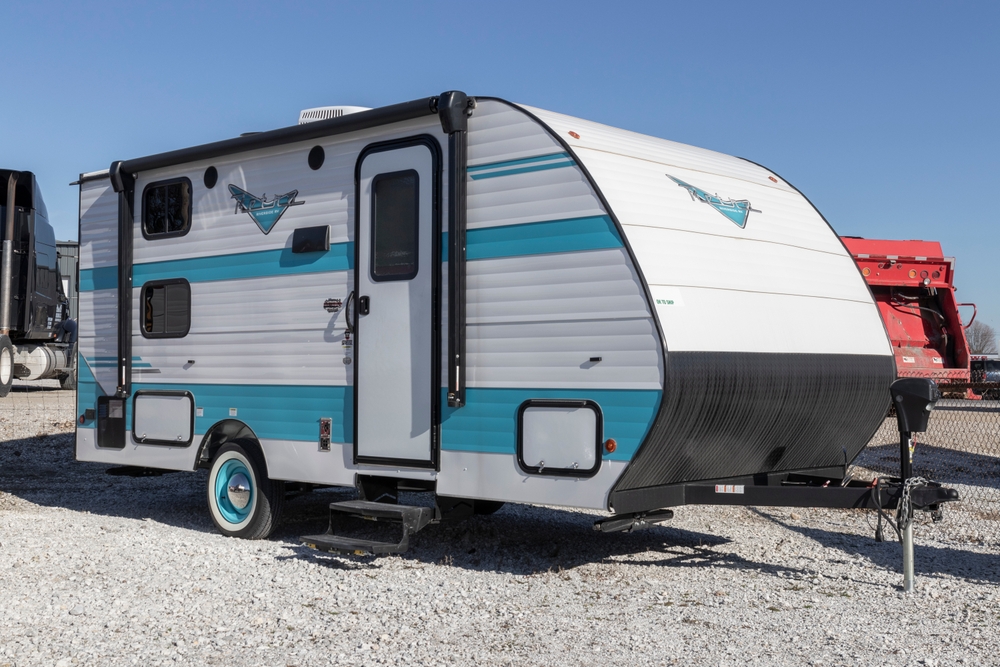
In colder climates, failing to winterize your RV can cause significant damage, particularly to the plumbing system. Freezing temperatures may lead to cracked pipes and damaged water tanks, resulting in expensive repairs. It’s essential to drain all water from the system, add antifreeze as needed, and store the RV in a protected environment. Proper winterization ensures your RV remains in good condition and ready for use when warmer weather returns.
Overlooking Tire Care
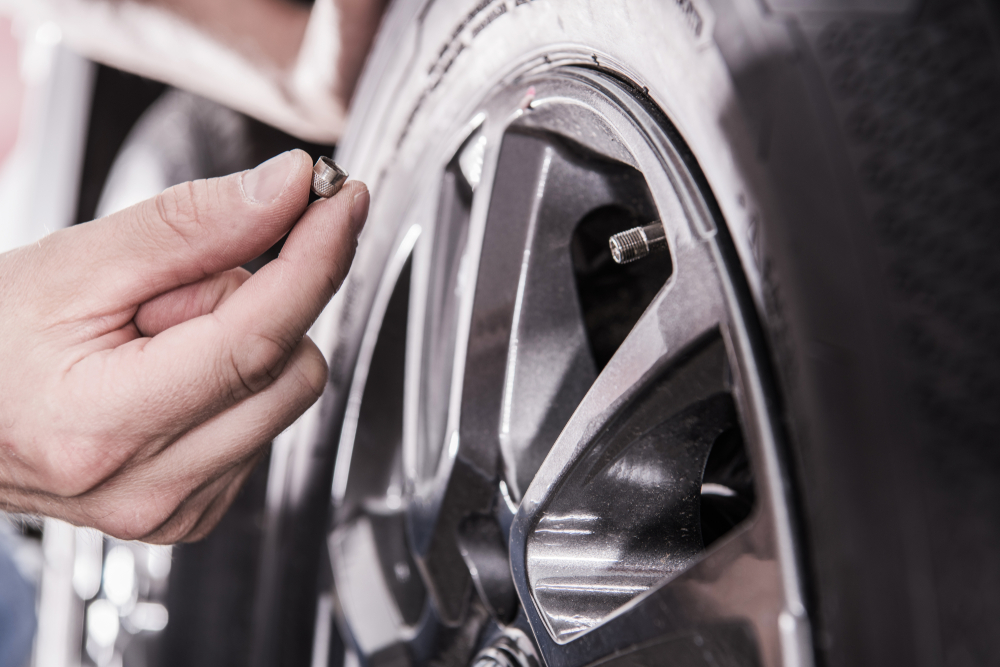
Tires are crucial for safe RV travel, yet they are often neglected. Underinflated or worn tires increase the risk of blowouts, which can lead to dangerous situations on the road. To prevent such incidents, regularly check tire pressure, inspect for wear, and ensure proper alignment and balance. Timely tire replacement is also essential for maintaining road safety and optimal vehicle performance.
Not Understanding Electrical Loads
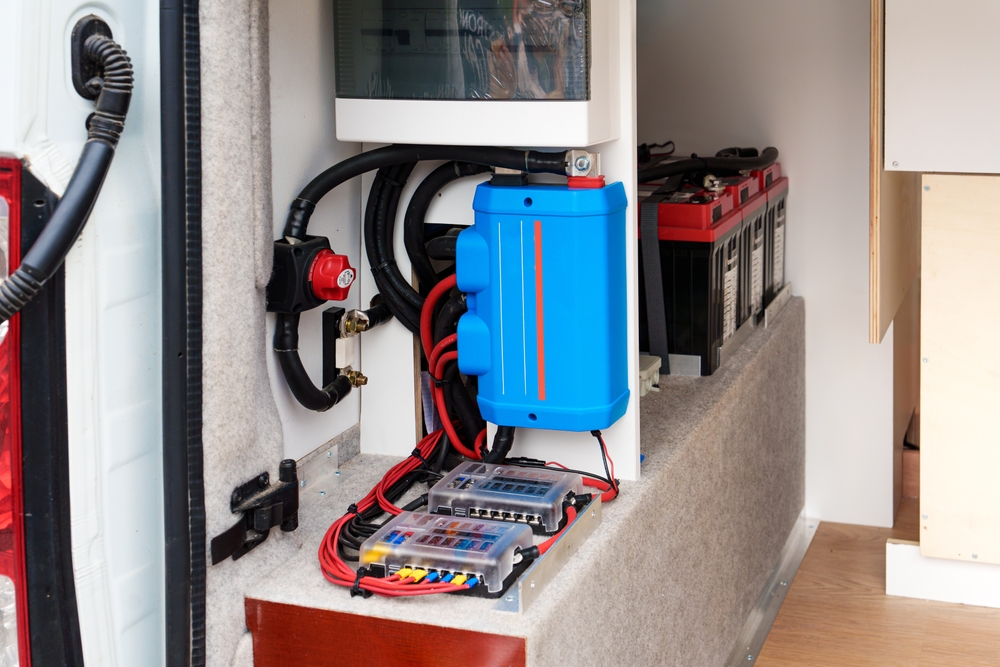
Mismanaging your RV’s electrical loads can result in blown fuses, damaged appliances, or even electrical fires. Many RV owners underestimate the power requirements of their devices, leading to system overloads. It’s vital to understand your RV’s electrical capacity and monitor power usage carefully. Additionally, investing in a surge protector can safeguard your RV’s electrical system from unexpected power spikes, providing an extra layer of protection.
Forgetting About Roof Inspections
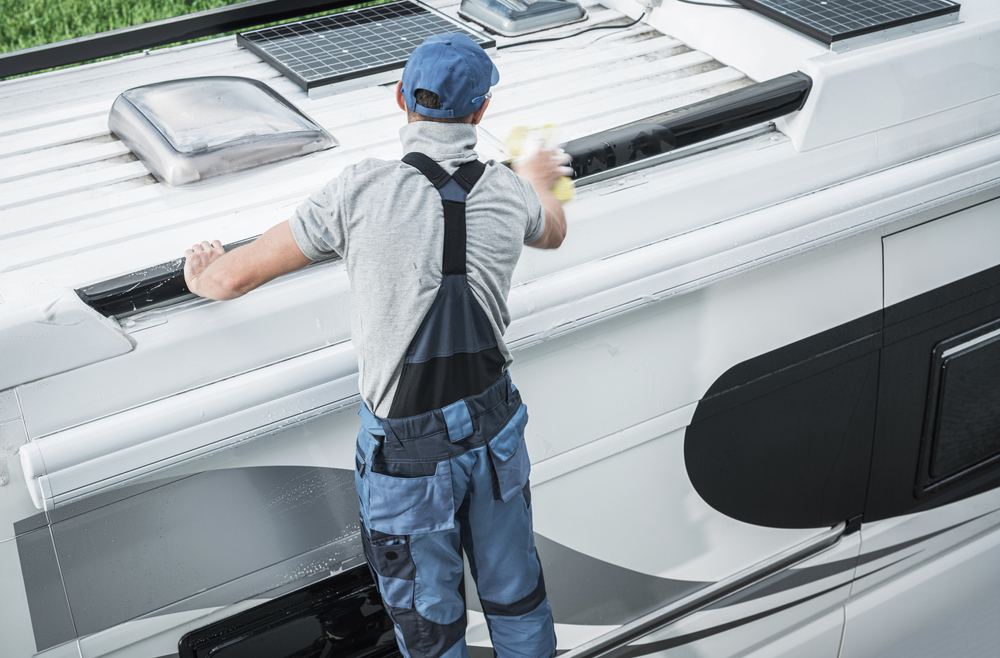
The roof of your RV is constantly exposed to the elements, making it susceptible to wear and tear. Over time, seals can crack, leading to leaks that may cause water damage and mold inside the RV. To avoid these issues, regularly inspect the roof, especially after severe weather. Promptly reseal any cracks to prevent water from seeping in, which can lead to costly repairs down the road.
Skipping Brake Checks
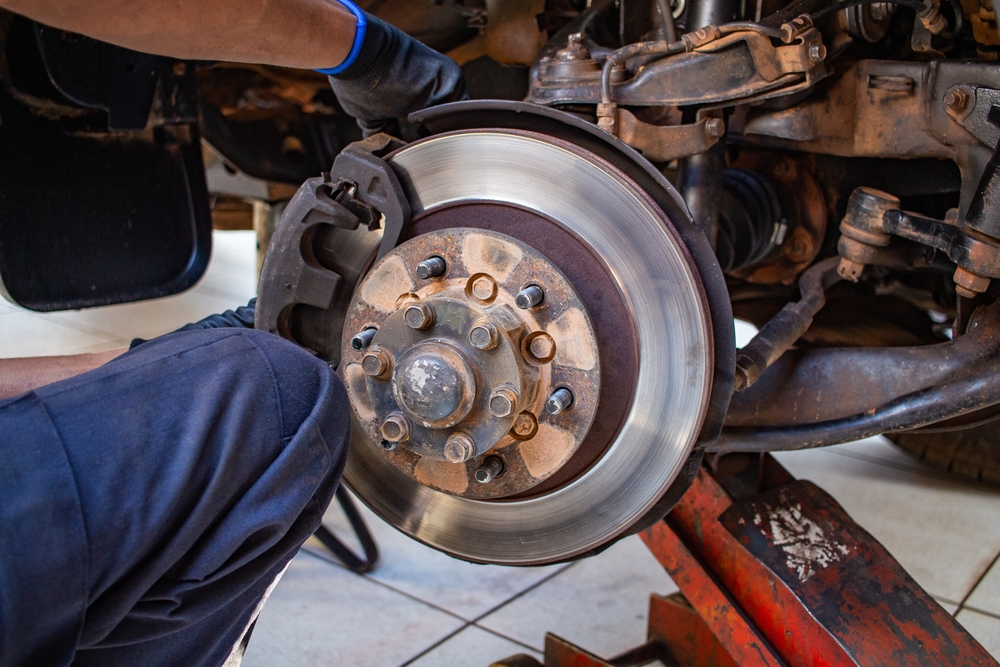
Neglecting to check your RV’s brakes can have dangerous consequences, especially when driving in hilly or mountainous areas. Worn brake pads or low brake fluid levels can lead to brake failure, putting everyone on the road at risk. It’s essential to regularly inspect the brake system, including pads, fluids, and overall performance. Addressing any issues immediately helps ensure your RV’s brakes function properly, enhancing safety.
Failing to Plan Routes Ahead of Time

Assuming you can take the same routes as smaller vehicles can lead to problems for RV owners. Some roads aren’t suitable for large vehicles, with low bridges, narrow lanes, or weight restrictions posing significant challenges. To avoid such pitfalls, plan your route in advance using RV-specific GPS systems or apps. This foresight can help you steer clear of stressful detours and protect your RV from potential damage.
Underestimating Fuel Costs
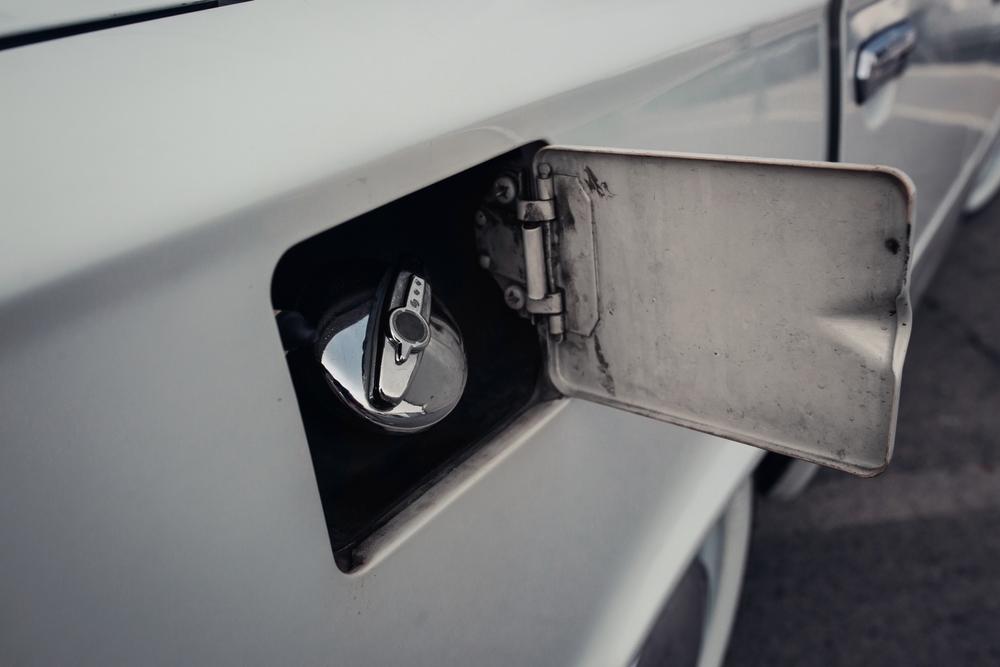
RVs are notoriously fuel-hungry, and many new owners are caught off guard by the high cost of keeping the tank full. Underestimating fuel expenses can strain your travel budget and limit your journey’s scope. Planning your trips with fuel efficiency in mind and researching fuel prices along your route can help manage costs. Additionally, joining a fuel discount program tailored for RV owners can provide significant savings over time.
Neglecting Insurance Needs

Standard auto insurance doesn’t provide the comprehensive coverage required for an RV. Without adequate insurance, you could face substantial financial losses in the event of an accident, theft, or natural disaster. It’s crucial to work with an insurance agent experienced in RV policies to secure the right coverage for your needs. Proper insurance not only protects your investment but also offers peace of mind while you’re on the road.
Not Properly Leveling the RV
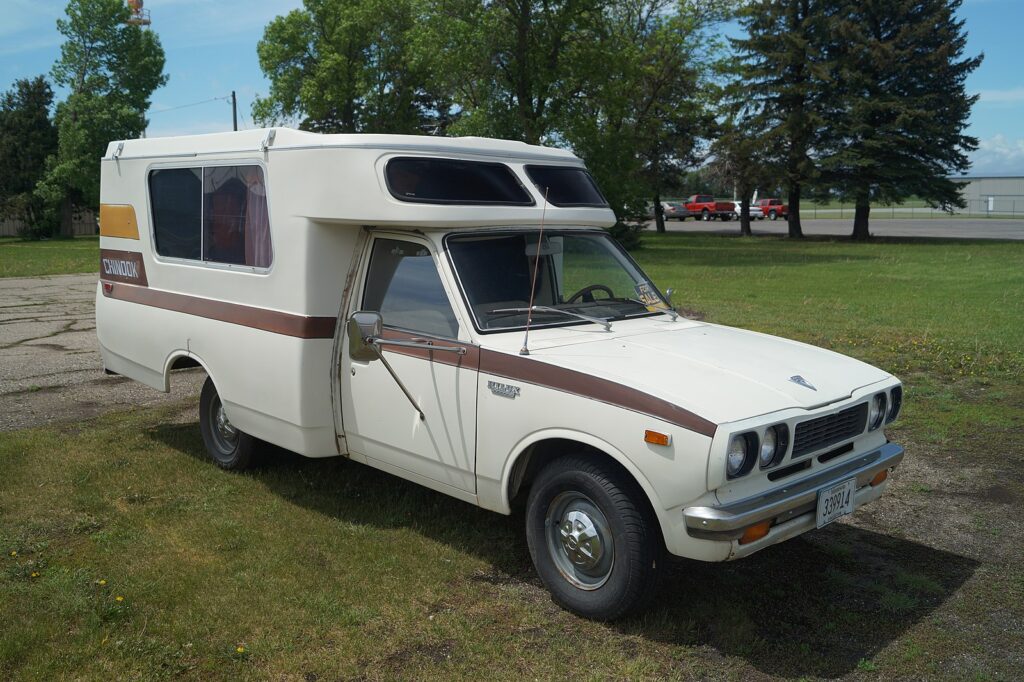
A poorly leveled RV can cause various problems, from uncomfortable living conditions to malfunctioning appliances. Refrigerators, in particular, rely on being level to operate correctly. Taking the time to level your RV using leveling blocks or an automatic leveling system is essential. Not only does this practice improve comfort, but it also helps prevent unnecessary wear and tear on the vehicle’s structure.
Overlooking Campground Restrictions
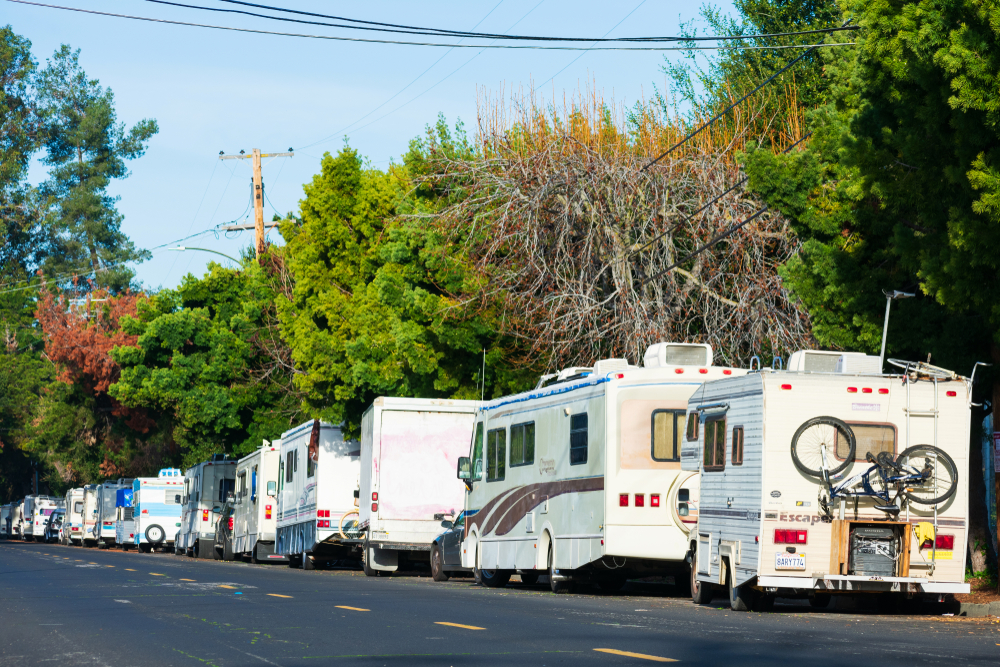
Not all campgrounds are equipped to handle every type and size of RV, and many have specific rules regarding generators, pets, or length of stay. Ignoring these restrictions can lead to inconvenient situations or even being asked to leave. To ensure a smooth experience, research campgrounds in advance to confirm they can accommodate your RV and familiarize yourself with their rules. This preparation helps you avoid surprises and ensures a more enjoyable stay.
Not Securing Items During Travel
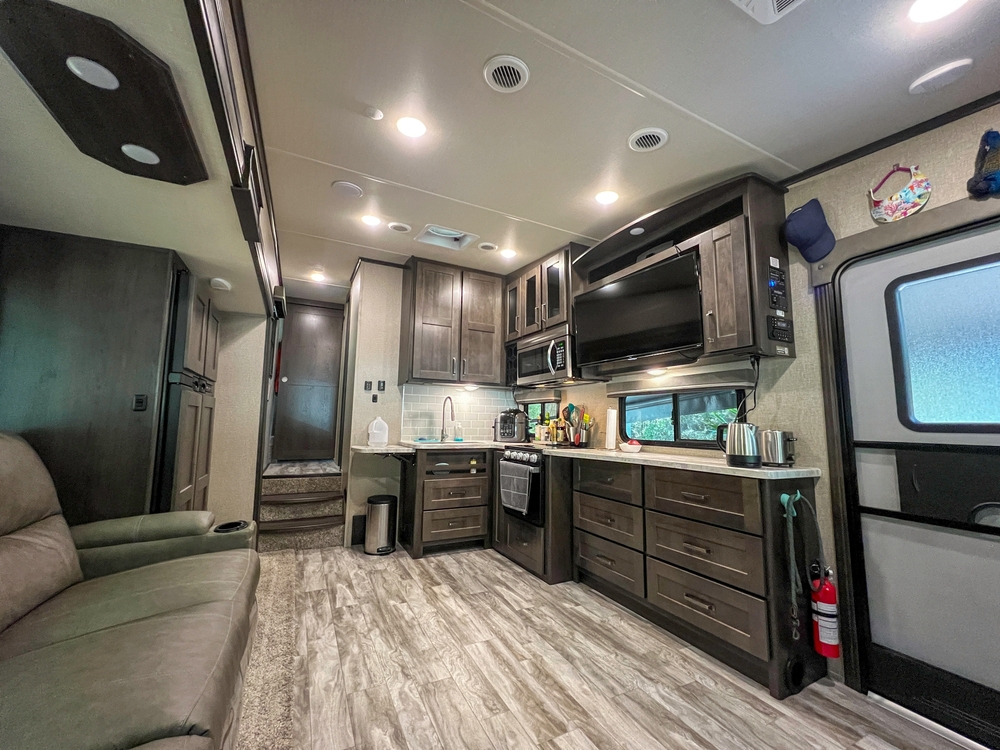
Unsecured items inside your RV can become dangerous projectiles during sudden stops or sharp turns. Loose objects can cause damage or injury, making it crucial to secure everything before hitting the road. Cabinets, doors, and loose items should be properly locked down to prevent movement. This simple step protects both your belongings and your passengers, contributing to a safer travel experience.
Forgetting About Propane Safety
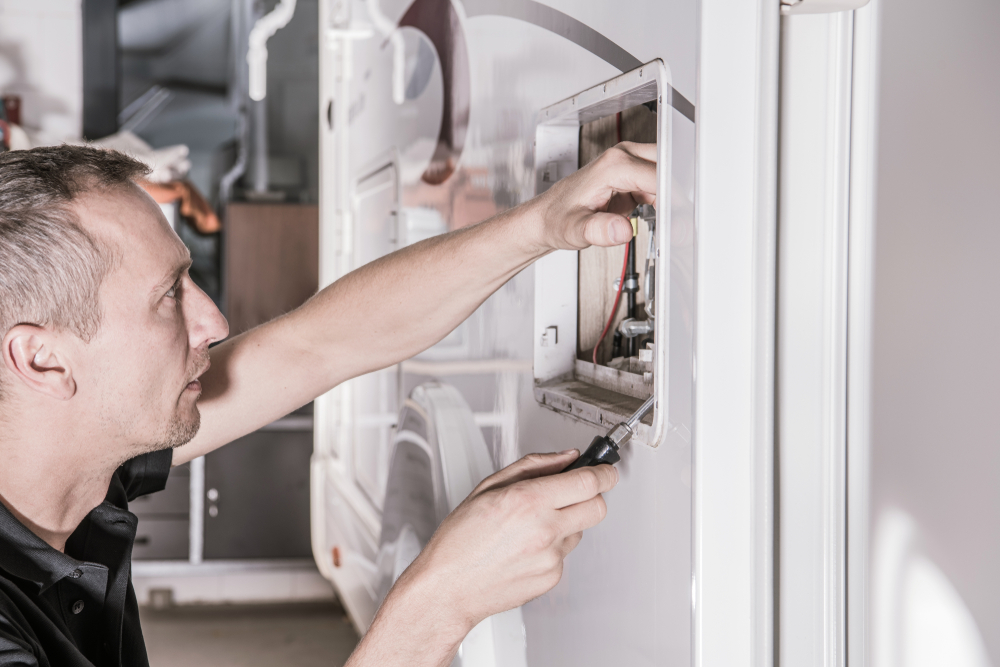
Propane is vital for many RV functions but can be hazardous if not handled correctly. Failing to check propane levels, connections, or detectors increases the risk of leaks, fires, or carbon monoxide poisoning. Regular inspections of your propane system and ensuring detectors are operational are essential safety measures. Additionally, always follow propane safety protocols, such as not using appliances while driving, to prevent accidents.
Not Knowing Your RV’s Dimensions
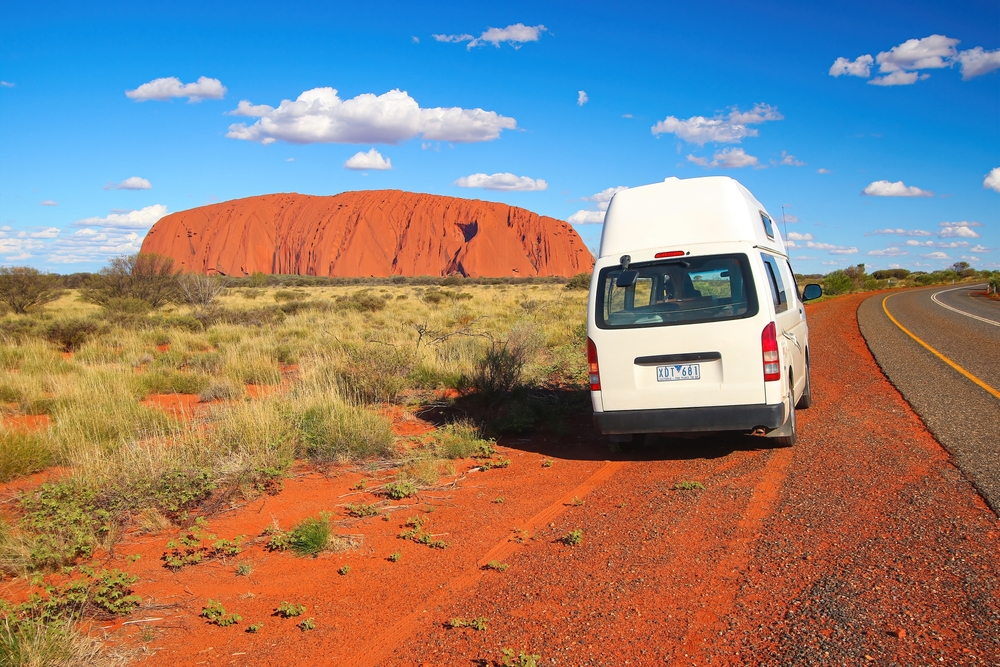
Knowing your RV’s height, width, and length is crucial for avoiding obstacles like low bridges, tunnels, or narrow roads. Forgetting these measurements can lead to accidents or getting stuck in tight spots. It’s wise to measure your RV and keep the dimensions handy when planning routes or navigating unfamiliar areas. Being aware of your vehicle’s size helps you avoid costly mistakes and ensures safer travels.
Neglecting to Clean and Sanitize Water Systems
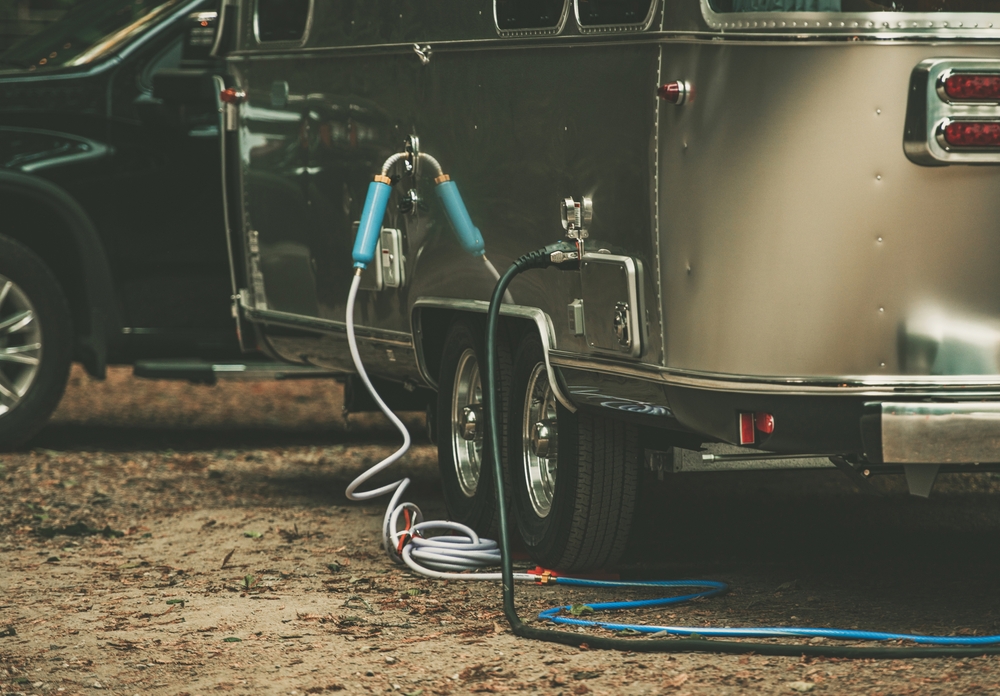
The water system in your RV requires regular cleaning and sanitizing to prevent bacterial growth and contamination. Failing to maintain this system can lead to health issues or unpleasant odors, making your RV less comfortable to live in. At least once a season, clean the water tanks and lines with RV-specific sanitizing solutions. Proper care of your water system ensures you have safe, clean water for drinking, cooking, and bathing.
Ignoring Weight Distribution
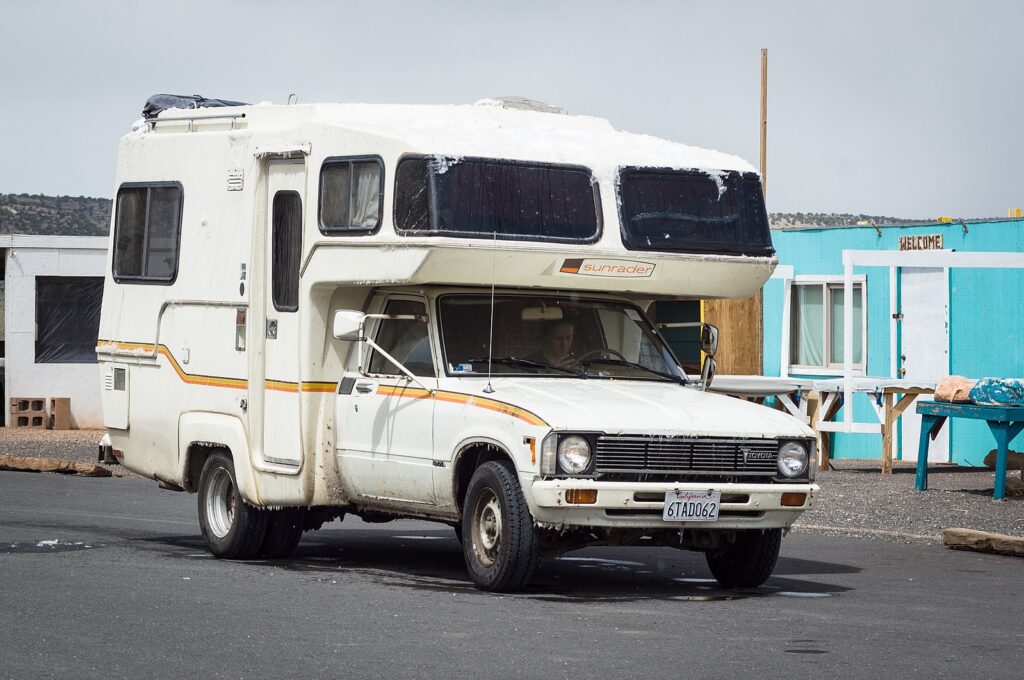
Proper weight distribution is essential for your RV’s stability, handling, and braking performance. Unevenly distributed weight can cause sway, increased tire wear, and even rollovers. To avoid these dangers, distribute the load evenly, keeping heavier items low and centered. This practice not only improves safety but also enhances fuel efficiency, leading to a smoother, more predictable driving experience.
Overlooking Security Measures
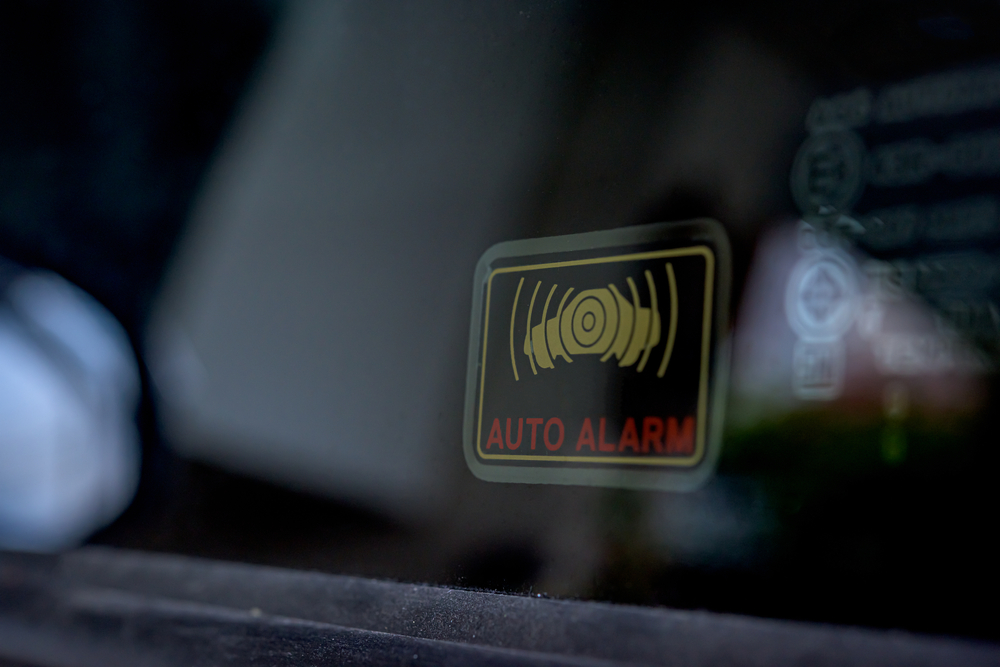
RVs can be attractive targets for thieves, especially when parked in remote locations. Failing to implement proper security measures, like installing an alarm system or using wheel locks, can make your RV vulnerable. To protect your investment, take steps to secure your RV, particularly when it’s parked for extended periods or in unfamiliar areas. Strong security measures help safeguard your RV and provide peace of mind during your travels.
This article originally appeared in MyCarMakesNoise.
More from MyCarMakesNoise
20 Classic Pickup Trucks That Have Lost Their Collector Appeal
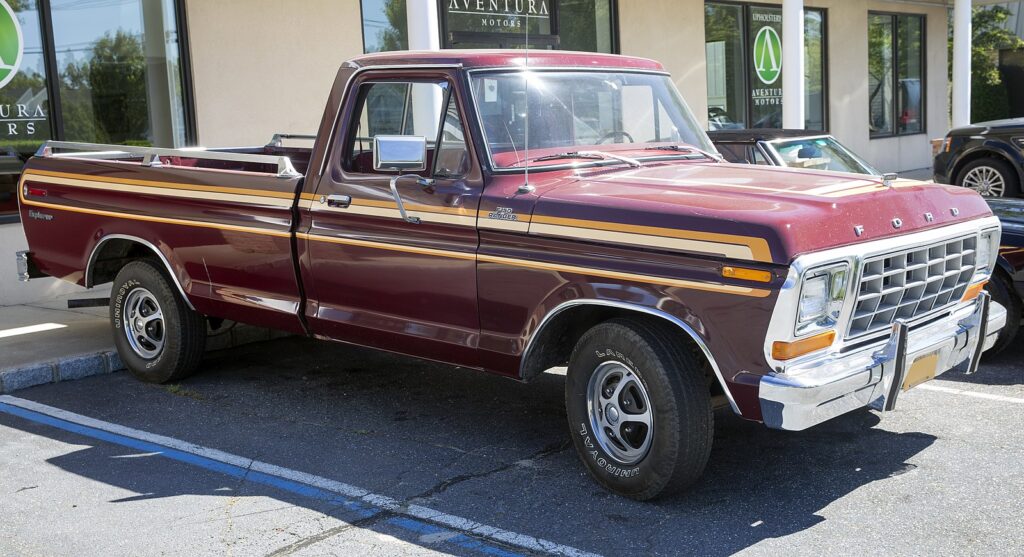
Some classic pickup trucks, once prized by collectors, have lost their appeal over time. Changes in market trends, the availability of newer models, and evolving tastes have contributed to their decline in popularity. Read More.
15 Unexpected Issues When You Don’t Drive Your Car Regularly
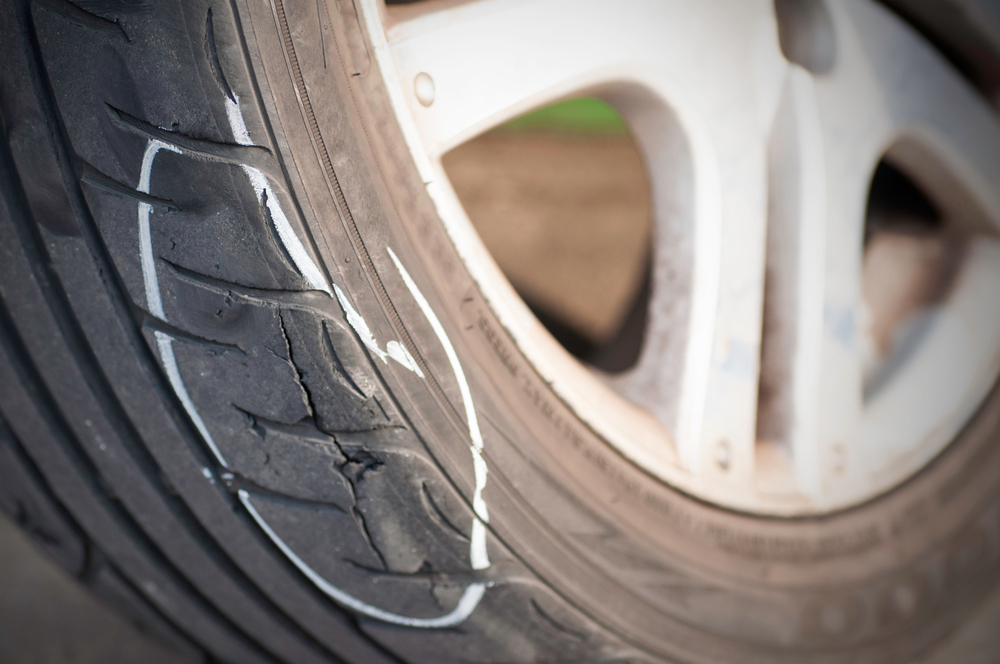
We all know that regular maintenance is key to keeping a car in good condition, but did you know that not driving your car can be just as harmful? Many vehicle owners are surprised to discover that neglecting to take their car for a spin can lead to a host of unexpected problems. Read More.
17 Most Iconic and Stylish Vintage Cars

Vintage cars hold a special place in automotive history, representing the pinnacle of design and engineering from past eras. We’ll explore 17 of the most iconic and stylish vintage cars that have left an indelible mark on car culture. Read More.

